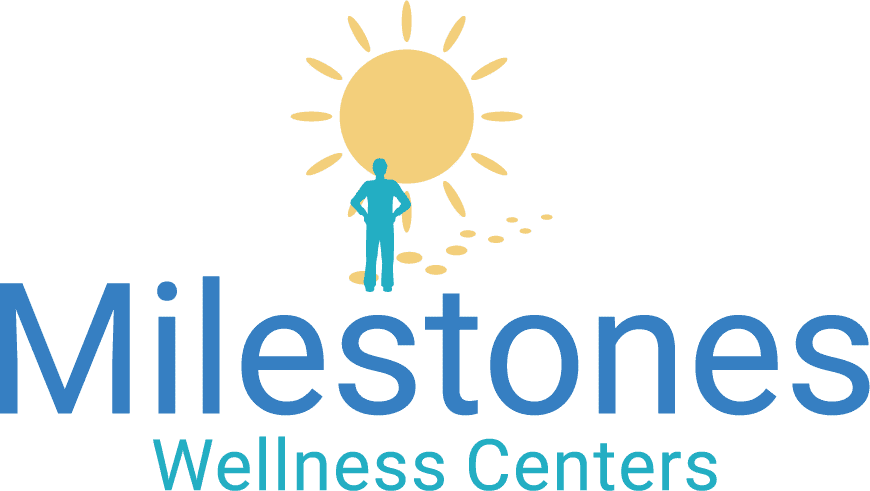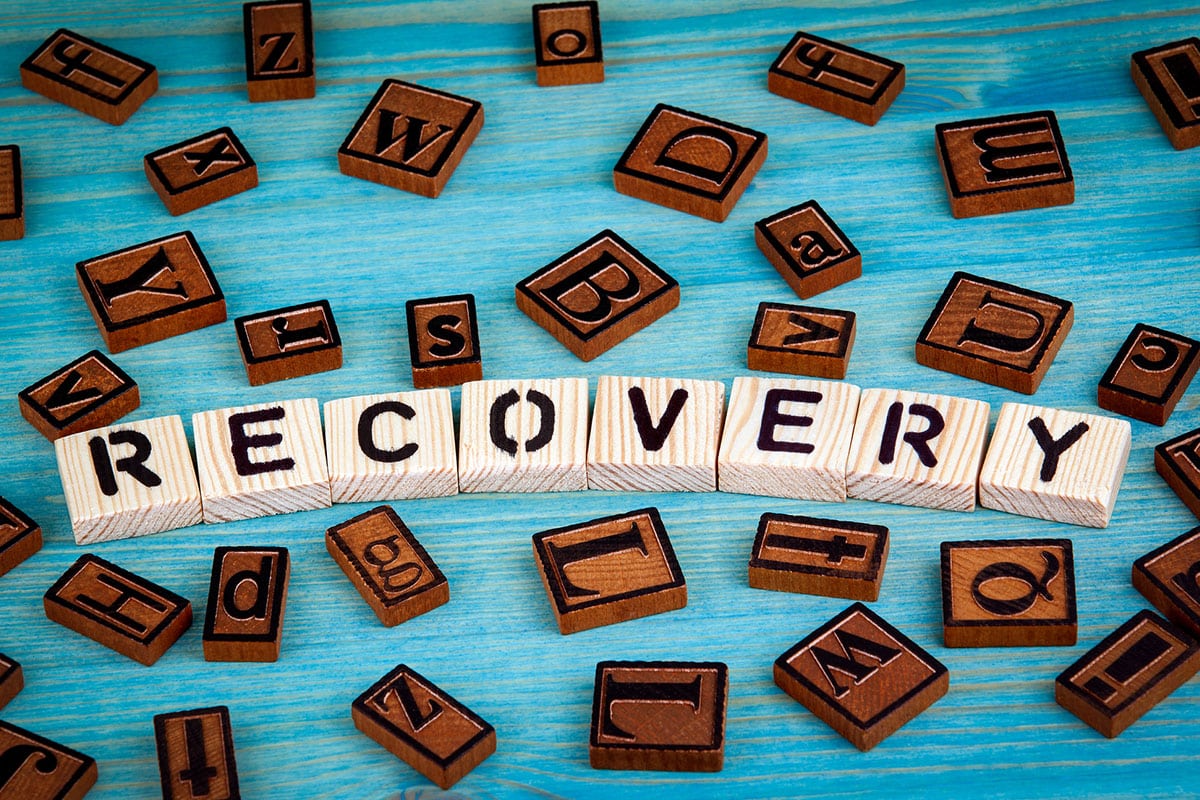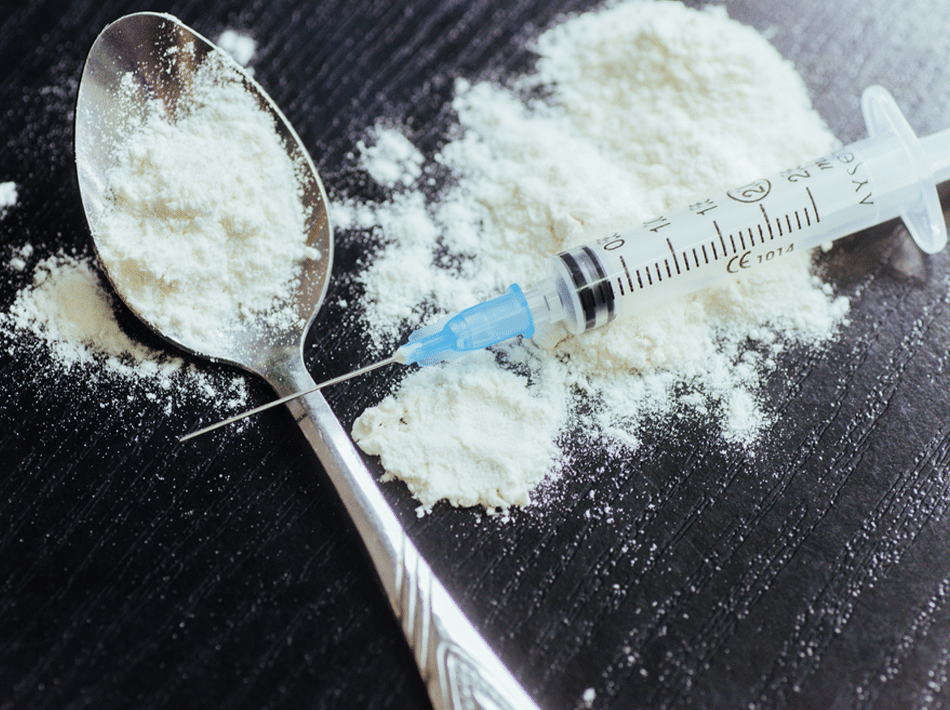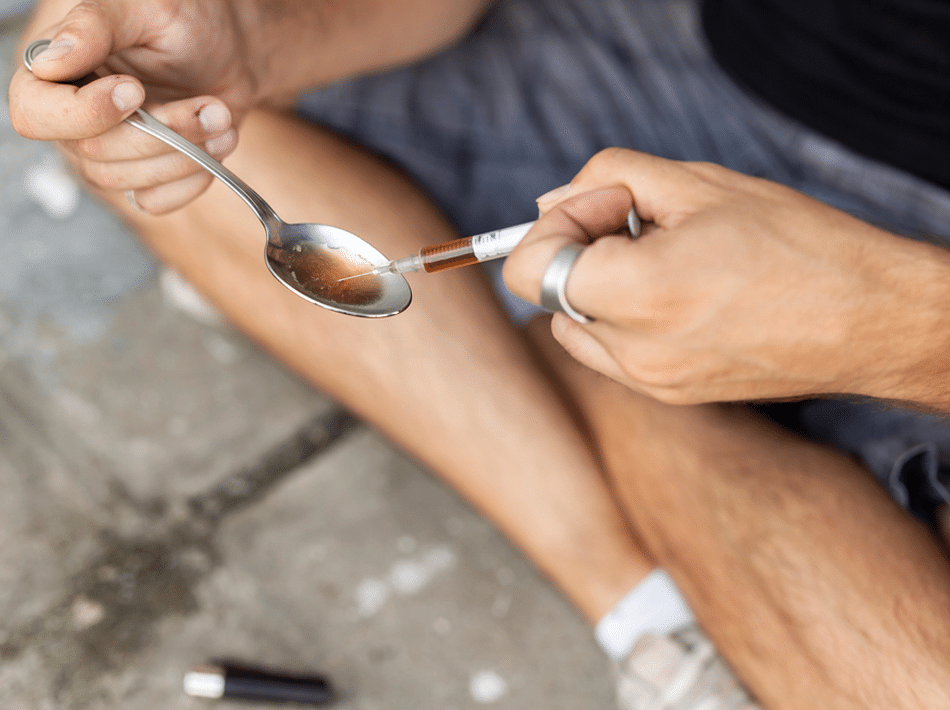One of the most common mistakes for anyone in recovery is to not have a well-developed recovery plan. This plan of recovery needs to be established at the beginning of recovery through well after sustained recovery has been achieved. As we hope that everyone that enters recovery is successful the first time, sadly this is not often true. Many it will take a few attempts at recovery to see sustained success and it is during these multiple attempts that a person will gain a better developed recovery plan. However, it is not required to attempt recovery multiple times to have such a well-defined plan, this is where some professional help as well as better education on the topic is crucial. If you are at the point of entering into treatment for opioid use disorder, then you are at the point of needing to build your recovery plan. First, take some time to read about the different treatment options available, other blogs on Milestones Wellness Centers’ website, where this blog is located, can provide information on this topic.
A very important first step before entering any recovery treatment is to establish the social support structure you have during this time. Everyone will be greatly different in the social support structures they have. Some people will be blessed with having a very strong social support system as others may not have many, if any at all. Often during active addiction people will have done things to others in their life that will have pushed them away. Having a good truthful conversation with loved ones in your life and being apologetic about any wrong doings to them may assist in bringing them to support you as you try to repair your life and recover from your addiction. One important thing about building your social support structure is picking the correct people. Anyone that causes you stress in life, outside of normal daily stressors, should be avoided at first. Stress is often a trigger for many that have addiction problems. Also, it is important that anyone chosen for your social support structure are also sober. Many may believe that their friends or family that they use with are close friends, often this is a bond built around drug usage and the true friendship may not exist. This is not saying those people do not care about you, but often there is more bond over the drug usage. It is also important as a person is in recovery, especially early on, to avoid being around anyone using substances of any kind as it places you in a high-risk situation for relapse.
There are many types of addiction treatments available, and everyone is different in what their needs in recovery are. The most recommended avenue of treatment, if available to you, is to take advantage of every level of care. This would start with attending a medically assisted detoxification and at a residential treatment facility which also provides in-patient treatment immediately following the detoxification. The stay at an in-patient facility will vary greatly depending on the treatment facility and your individual needs in recovery. The most common length of an in-patient treatment program is that of four weeks or 28 days, but again this can all change pending your needs and the program at the facility.
The next level of care is that of intensive outpatient (IOP). These are programs that often meet daily during weekdays and for a few hours each day. This is less restrictive to daily living than that of in-patient treatment, but still provides daily therapeutic support in recovery. Most IOP programs will be slightly different from one another in the number of days of the week and hours per day that you will attend. Some also may be customizable, allowing a person to choose the hours of the day to attend allowing for more flexibility with work schedules or other personal obligations. Often someone entering treatment will do either an in-patient or intensive outpatient program to start, which is fine, but if available to do both it would only be of benefit to that person.
The next level of treatment is outpatient treatment (OUP). These programs have differing levels of care as well. Some will require weekly individual and group therapies as well as attendance with support groups such as Narcotics Anonymous (N.A.). Other programs will have lesser therapeutic intervention requirements with the least being basic medication assisted treatment supervision. Both therapist support as well as a support group are highly encouraged especially while still early in recovery. Some people may have problems with the religious undertone that can be associated with support groups such as Narcotics Anonymous. If that is the case for you, there are agnostic versions of such support groups. As they are not as commonly found as traditional N.A. groups, luckily there are online versions of this group as well as the traditional Narcotics Anonymous. This will allow anyone in the world to attend such meetings.
As a person progresses in their recovery their social support systems usually strengthen as well. Again N.A. is a great source of such social support, especially for anyone who may enter recovery with little to no support. In these programs a person will get a sponsor which is a person who has sustained recovery and will be there in times of need. This will be part of your ongoing support structure. As you continue in life you will meet new people and gain new support, but many may not want to discuss their past with addiction, which is completely understandable. This is why having such ongoing social support in your life is crucial as you may need to discuss your feelings and concerns with recovery and relapse at times in life.
While in treatment it is of the highest importance to make an aftercare plan. Typically, these are created with the assistance of a therapist. The importance here is to understand that one suffering from opioid use disorder there will always be some thoughts about usage in your mind. These will get better over time, but major life events or triggers can still cause a relapse. It is this aftercare plan that will assist you from relapsing and help you identify when more support is needed to remain in active abstinence. Aftercare plans are individualized, and each person may create them slightly different, but typically there are some key common factors to them.
Most aftercare plans will have some statements and rationales that you develop with your therapist. These will include a statement of why it is beneficial for you to stay sober and in abstinence. They will include a list of your life goals, both those of short-term and long-term life goals. As we all change throughout life, it never hurts to revise such sections of an aftercare plan as we may change in life and so will our goals. You may include in these aftercare plans who else in your life will also benefit from your sobriety, such as your children and family.
The next part of a strong aftercare plan is to list out your coping strategies you have developed when faced with triggers. Having a defined list of relapse prevention strategies is also crucial, which would include how you will handle everyday stress which are daily risks to sobriety. Often it is recommended that you continue therapy or at least peer support groups such as N.A. If not, have a well laid-out plan of where you would get therapeutic support in the even you notice you are having cravings and concerns about relapse. Listing out a new daily routine to help with sobriety is a key factor in a strong aftercare plan. Having a list of sober activities is useful in the event you need some distractions to assist in times of need, often focusing our attention deeply on another activity, hobby, etc. will be of benefit. Attention is limited in its span, therefore if all your attention is on another activity, it will be hard to think about using a substance.





